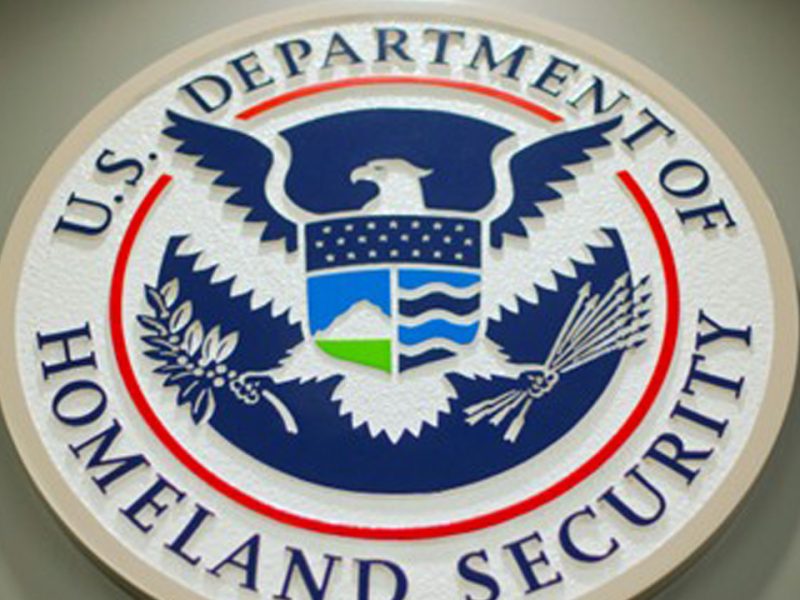FDOE official emphasizes that early learning is key to academic success
Florida Politics | By Christine Jordan Sexton | June 26, 2024
While there has been a tremendous amount of focus on public education in kindergarten through 12th grade, but the key to success starts with early childhood education.
That was one of the messages at the 2024 Florida Learners to Earners Workforce Solution Summit in Tampa.
Cari Miller is the chancellor of Early Learning at the Florida Department of Education and is charged with administering the school readiness program that provides subsidized child care for qualified families. The agency also assists families with training that helps them prepare to enter the workforce and oversees the free voluntary pre-K (VPK) program for 4-year-olds available to all Florida families.
Miller shared the sobering news that 75% of children who aren’t prepared for kindergarten will never catch up.
“That is a very powerful stat and a very powerful statement,” she told the crowd. “Good news is that (in) states with local pre-kindergarten readiness programs, is kiddos that enter those programs are more likely to be successful and enter kindergarten ready for school.”
Miller said children who participate in school readiness programs score higher on third grade language arts tests and that the programs are shown to increase high school graduation rates.
“If high school graduation matters, leaving third grade with the grade on reading skills necessary to be successful in fourth grade and beyond matters, kindergarten readiness must matter,” she said.
Miller oversees the state’s early learning school readiness child programs and the voluntary pre-kindergarten program for 4-year-olds. It’s free for all 4-year-olds regardless of a family’s income level.
The state works to ensure that the programs are high quality. The Gold Seal analyzes the quality of the child care program and rewards providers that go above and beyond minimum program standards. Gold Seal homes get higher reimbursement rates. There also is the Class Designation, which measures quality at the classroom level, she said.
“These are two ways of measuring quality, both are critically important,” she said.
There are 30 early learning coalitions around the state that help parents navigate the early childhood learning system.
Additionally, there is a new portal that will provide info about all child care providers and K-12 schools and filter what they are looking for in their area. She likened it to using Realtor.com
“This is underway,” she said, adding that the online portal should be “birthed” soon. “We are just super excited about this coming. There’s been a lot of buildup around it,” she said.
Maria Ram extolled the benefits of the state’s school readiness programs, where she successfully enrolled two of her three young children. The subsidized program for qualifying parents flagged a speech impediment in her oldest child, now 8. She credits the recognition as a reason her son has had an IEP in school.
Prior to enrolling her oldest child in the program, Ram paid an “abuela,” or private provider, to care for her child. She said the move was costly and a financial commitment that precluded her family from saving money. Because she’s financially better off, she hasn’t been able to enroll her third child, who is nearly 3 years old, in the program.
Rep. Dana Trabulsy, meanwhile, discussed the most recent legislative changes regarding early learning and the “historic” investments that have been made. She said there was a 3% increase in the base student allocation for VPK.
“It doesn’t sound like a lot but when you are clawing your way as an early childhood education provider, 3% is a lot and it makes a big difference and these folks know how to make lemonade out of lemons for sure,” she said.
Moreover, the Legislature made a $200 million investment in reimbursement rates for providers, which she said will expand access to care.
The Legislature also created the “Summer bridge” program that will allow the children in the lowest 10th percentile to receive four hours of additional VPK education per day and a minimum of 100 hours of additional education, before heading to kindergarten.
Trabulsy said she wasn’t able to increase income eligibility for subsidized early child care but said she was “okay” with that.
“That just means our work is not done yet and that’s OK I’m happy with what we got.”






